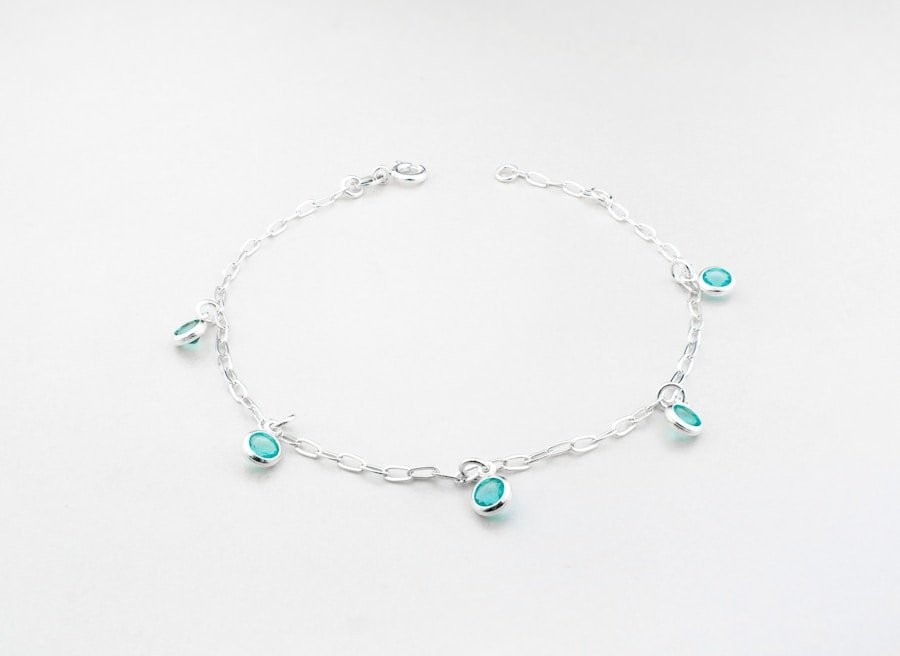When it comes to camping, one of the most important things to consider is access to clean drinking water. Whether you are camping in a remote location or at a designated campsite, having access to safe and clean drinking water is crucial for your health and well-being. Without clean water, you are at risk of dehydration, illness, and other health issues that can quickly turn a fun camping trip into a nightmare.
This is why it is essential to prioritize clean drinking water when planning for a camping trip. Clean drinking water is not only important for staying hydrated, but it is also necessary for cooking, cleaning, and personal hygiene while camping. Without access to clean water, you may find yourself unable to properly prepare meals, wash dishes, or maintain personal hygiene, all of which are essential for a comfortable and enjoyable camping experience.
Additionally, clean water is crucial for preventing the spread of waterborne illnesses and bacteria that can be present in untreated water sources. Therefore, ensuring that you have access to clean drinking water should be a top priority when planning for a camping trip.
Key Takeaways
- Clean drinking water is essential for camping to stay hydrated and healthy
- Portable filtration systems are convenient and effective for ensuring clean water while camping
- Using portable filtration systems reduces the risk of waterborne illnesses and contaminants
- There are different types of portable filtration systems available for camping, such as pump filters and gravity filters
- When choosing a portable filtration system, consider factors like filtration capacity, ease of use, and maintenance requirements
Understanding Portable Filtration Systems
Portable filtration systems are designed to provide clean and safe drinking water in outdoor settings, making them an essential tool for camping. These systems are typically compact, lightweight, and easy to use, making them ideal for outdoor activities where access to clean water may be limited. Portable filtration systems work by removing impurities, bacteria, and other contaminants from untreated water sources, making it safe for consumption.
There are several different types of portable filtration systems available, each with its own unique features and capabilities. Some systems use physical filtration methods such as membranes or ceramic filters to remove contaminants from the water, while others use chemical treatments such as iodine or chlorine to kill bacteria and viruses. Understanding how these different filtration methods work can help you choose the right system for your camping needs.
Benefits of Using Portable Filtration Systems
There are numerous benefits to using portable filtration systems while camping. One of the main advantages is the ability to access clean drinking water from natural water sources such as rivers, lakes, and streams. This can significantly reduce the amount of water you need to carry with you, making it easier to travel light and conserve space in your camping gear.
Additionally, portable filtration systems are cost-effective and environmentally friendly, as they eliminate the need for single-use plastic water bottles and reduce the amount of waste generated during outdoor activities. Another benefit of using portable filtration systems is the peace of mind that comes with knowing you have access to safe and clean drinking water wherever you go. This can be especially important when camping in remote or off-grid locations where access to clean water may be limited.
By using a portable filtration system, you can ensure that you and your fellow campers have access to safe drinking water at all times, reducing the risk of dehydration and waterborne illnesses.
Types of Portable Filtration Systems for Camping
| Portable Filtration System | Benefits |
|---|---|
| Removes Bacteria and Protozoa | Ensures safe drinking water |
| Compact and Lightweight | Easy to carry during camping trips |
| Filters Chemicals and Heavy Metals | Improves taste and odor of water |
| Long-lasting Filters | Cost-effective solution |
There are several different types of portable filtration systems available for camping, each with its own unique features and capabilities. One popular option is the pump-style filter, which uses a hand pump to force untreated water through a filtration cartridge, removing impurities and contaminants in the process. Another common type of portable filtration system is the gravity-fed filter, which uses gravity to pull untreated water through a filtration element, producing clean drinking water without the need for pumping or manual labor.
In addition to pump-style and gravity-fed filters, there are also straw-style filters that allow you to drink directly from untreated water sources without the need for a separate container. These filters are compact and lightweight, making them ideal for backpacking and other outdoor activities where space and weight are limited. Finally, there are also bottle-style filters that allow you to fill a reusable water bottle with untreated water and drink directly through the filter, providing a convenient and portable solution for accessing clean drinking water while camping.
How to Choose the Right Portable Filtration System
When choosing a portable filtration system for camping, there are several factors to consider to ensure that you select the right system for your needs. One important consideration is the size and weight of the filtration system, as this will impact how easy it is to transport and use while camping. Additionally, you should consider the flow rate and capacity of the system, as well as the types of contaminants it is capable of removing from untreated water sources.
Another important factor to consider when choosing a portable filtration system is the maintenance and replacement requirements of the system. Some systems require regular cleaning and maintenance to ensure optimal performance, while others may require periodic replacement of filtration cartridges or components. Understanding the maintenance requirements of a filtration system can help you choose a system that is easy to use and maintain while camping.
Tips for Maintaining and Using Portable Filtration Systems
Proper maintenance and use of portable filtration systems are essential for ensuring that they continue to provide clean drinking water while camping. One important tip is to follow the manufacturer’s instructions for cleaning and maintaining the filtration system, as this will help prolong its lifespan and ensure optimal performance. Additionally, it is important to regularly inspect the system for signs of wear or damage, as well as to replace any worn or damaged components as needed.
When using a portable filtration system while camping, it is important to carefully select untreated water sources that are free from visible contaminants such as debris or sediment. This can help prevent clogging and damage to the filtration system, ensuring that it continues to produce clean drinking water throughout your camping trip. Additionally, it is important to properly store and transport the filtration system when not in use, as this can help prevent damage and ensure that it remains in good working condition for future camping trips.
The Environmental Impact of Portable Filtration Systems
Portable filtration systems offer numerous environmental benefits compared to single-use plastic water bottles and other disposable water containers commonly used while camping. By using a portable filtration system, you can significantly reduce the amount of waste generated during outdoor activities, as well as minimize your environmental impact on natural water sources. Additionally, portable filtration systems can help reduce the need for plastic water bottles, which are a major source of pollution in many outdoor environments.
Another environmental benefit of using portable filtration systems is the ability to access clean drinking water from natural sources such as rivers, lakes, and streams without relying on bottled water or other packaged beverages. This can help reduce the demand for bottled water and minimize the environmental impact associated with its production and disposal. By using a portable filtration system, you can enjoy clean drinking water while camping without contributing to plastic waste or pollution in natural environments.
In conclusion, portable filtration systems are an essential tool for accessing clean drinking water while camping. These systems offer numerous benefits, including the ability to access safe drinking water from natural sources, reduce waste generated during outdoor activities, and minimize environmental impact on natural water sources. By understanding the different types of portable filtration systems available, choosing the right system for your needs, and properly maintaining and using the system while camping, you can ensure that you have access to safe and clean drinking water wherever your outdoor adventures take you.
FAQs
What are portable filtration systems for camping?
Portable filtration systems for camping are compact, lightweight devices designed to remove impurities and contaminants from water sources found in outdoor environments. These systems are essential for ensuring access to clean and safe drinking water while camping or hiking.
How do portable filtration systems work?
Portable filtration systems work by using a combination of physical filtration, chemical treatment, and/or ultraviolet light to remove bacteria, protozoa, and other contaminants from water. These systems are typically designed to be easy to use and require minimal maintenance.
Why are portable filtration systems important for camping?
Portable filtration systems are important for camping because they allow outdoor enthusiasts to access clean and safe drinking water from natural water sources such as rivers, lakes, and streams. This is crucial for staying hydrated and preventing waterborne illnesses while spending time in the wilderness.
What are the benefits of using portable filtration systems for camping?
The benefits of using portable filtration systems for camping include the ability to access clean drinking water from natural sources, reduced reliance on carrying large quantities of water, and the convenience of having a compact and lightweight solution for water purification.
What types of contaminants do portable filtration systems remove?
Portable filtration systems are designed to remove a wide range of contaminants from water, including bacteria, protozoa, viruses, sediment, and other impurities. Some systems may also be effective at reducing the taste and odor of certain chemicals found in water.
How do I choose the right portable filtration system for camping?
When choosing a portable filtration system for camping, consider factors such as the size and weight of the system, the type of contaminants it can remove, the flow rate of the system, and the ease of use and maintenance. It’s also important to consider the specific water sources you are likely to encounter while camping.













